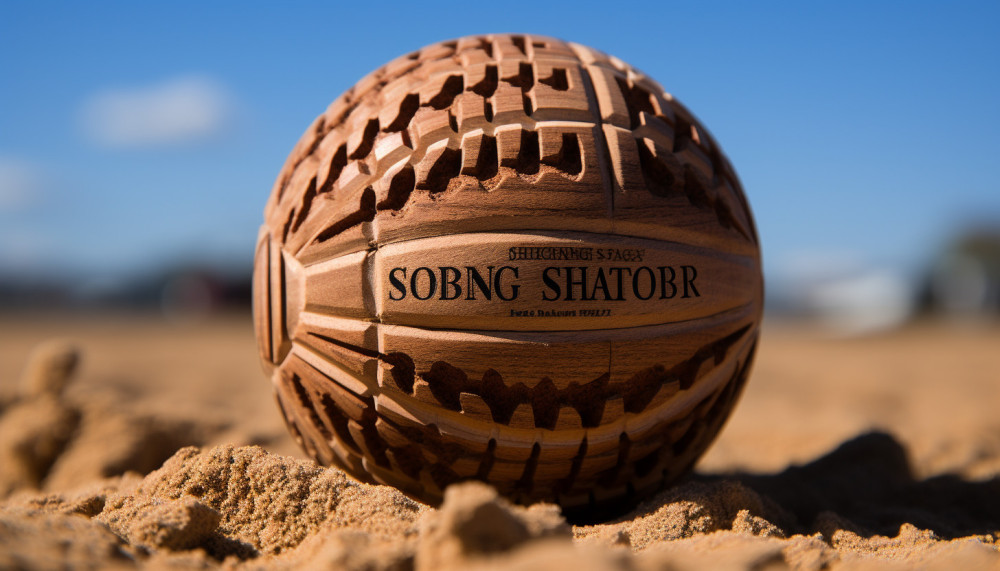Table of contents
The art of chess is more than just strategic moves and capturing the opponent's king; it involves a detailed understanding of your inner mental strength. The power or prowess of your mind can be an essential weapon in winning this intellectual game. However, harnessing this immense potential requires patience, practice, and perseverance. Imbued with anticipation? This article will explore the depths of leveraging the untapped reservoirs within you for dominating competitive chess scenarios! Let's embark on this enthralling journey to unlock our cognitive abilities.
Understanding Your Cognitive Capabilities
One's cognitive abilities significantly impact the effectiveness of their chess game. Neuroplasticity, a term coined by neuroscientists, refers to the brain's capacity to change and adapt based on experience. This process can be harnessed to improve cognitive capabilities such as memory, attention, problem-solving, and creativity, which are all vital for chess performance. It is, therefore, paramount for players of chess to understand their unique cognitive functions in order to cultivate a personalized strategy that can enhance their competitiveness in the game.
Recognizing one's memory patterns is a fundamental step in this journey. Memory is a critical component in chess as the game requires the player to not only remember the rules and different moves but also past games and strategies. Additionally, a player's attention span can greatly influence their performance. Chess requires an intense focus and the ability to concentrate for extended periods. Therefore, understanding and improving your attention span can significantly enhance your chess performance.
Moreover, problem-solving skills are vital in the game of chess. Each move presents a new problem that requires a solution. Players who are skilled problem solvers are usually more successful in competitive chess. Creativity is another important cognitive capability in chess. It allows players to devise unique strategies and unpredicted moves, giving them an edge over their opponents. In conclusion, understanding your cognitive capabilities is fundamental to unleashing your mind's power in competitive chess.
The Mental Gymnastics behind Chess Moves
As a psychologist, it's fascinating to unravel the intricacies of the brain activities involved in planning and executing chess moves. Each move in this intellectually challenging game triggers a complex series of mental gymnastics, stimulating different parts of the brain. A standout component in this process is the involvement of the prefrontal cortex, a portion of the brain majorly associated with complex cognition.
Decision-making ability forms a pivotal aspect of playing competitive chess. The engagement of the prefrontal cortex in decision making is well recognized, particularly in scenarios demanding the evaluation of multiple potential moves. Players must consider various factors and outcomes, weighing risks against potential rewards. This complex process invariably engages the prefrontal cortex, underscoring its role in informed decision-making.
Furthermore, risk assessment is an integral part of every chess move. A player must evaluate the potential threats and dangers associated with each possible move. This instinctive and rapid risk assessment process stimulates the brain, once again highlighting the essential role of the prefrontal cortex in planning chess moves.
In essence, the mental gymnastics behind every move in competitive chess are a testament to our brain's extraordinary capacity for complex cognition. Understanding this process gives us valuable insights into the power of the human mind and its potential for strategic thinking.
Enhancing Focus through Mindfulness
Embracing the practice of mindfulness can lead to a substantial increase in our concentration levels. This, in the context of competitive chess, equates to an improved ability to make strategic decisions during a match. As an experienced meditation expert, it's paramount to mention the role of Meta Awareness in this process. Meta Awareness, a technical term in mindfulness practice, refers to a state of being aware of and able to control one's thoughts and feelings. In chess, this heightened sense of awareness can significantly aid in enhancing focus, resulting in a stronger performance.
Moreover, the benefits of practicing mindfulness are not confined to the chessboard alone. Life beyond the world of chess can also be positively transformed. It can contribute to reducing stress levels, boosting emotional intelligence, and fostering an overall sense of well-being. Hence, the impact of mindfulness stretches far beyond its ability to boost concentration levels and better our chess game, leading to a more balanced and enriched life experience.
Similar articles

Exploring the Impact of Sports on Mental Health

Discovering the Future of Eco-Friendly Sports Equipment

